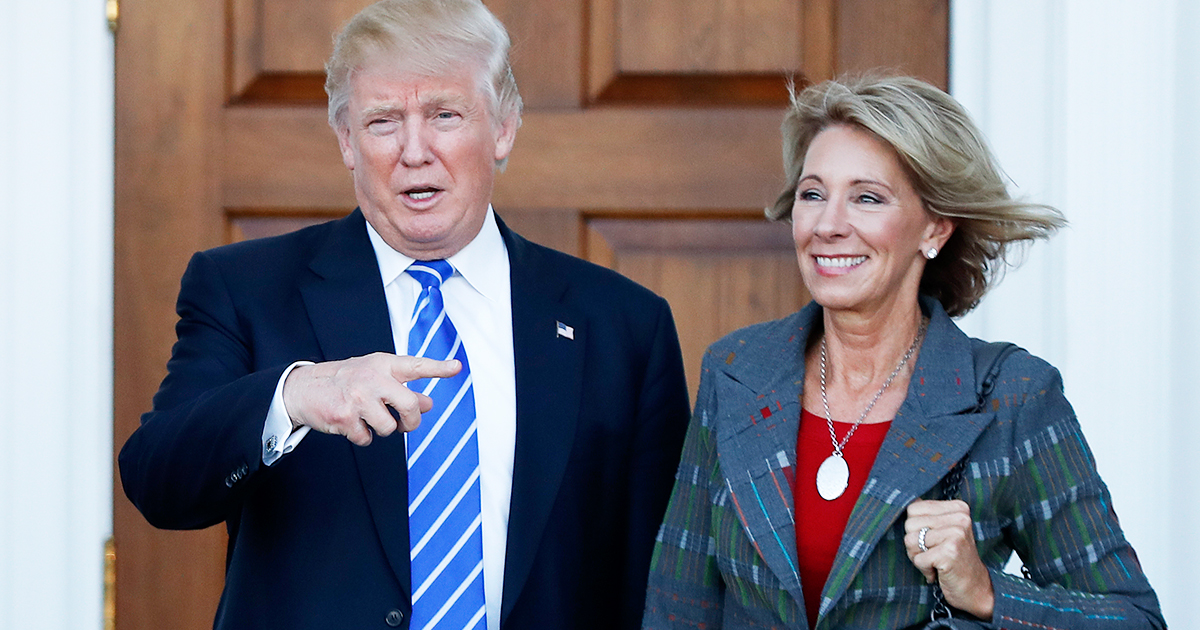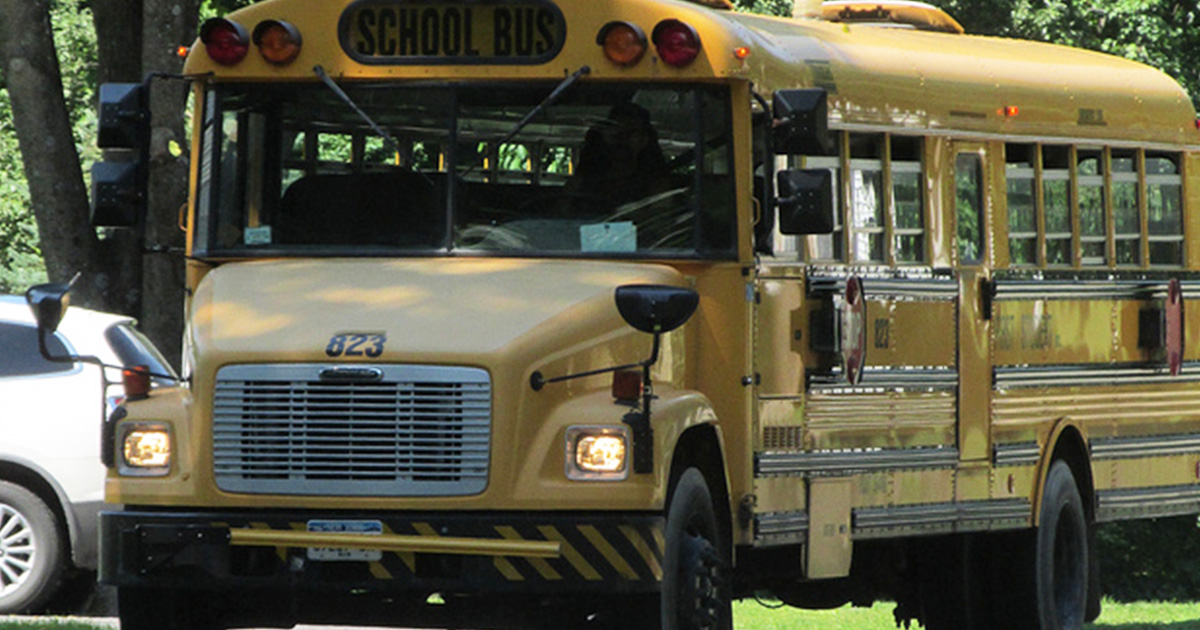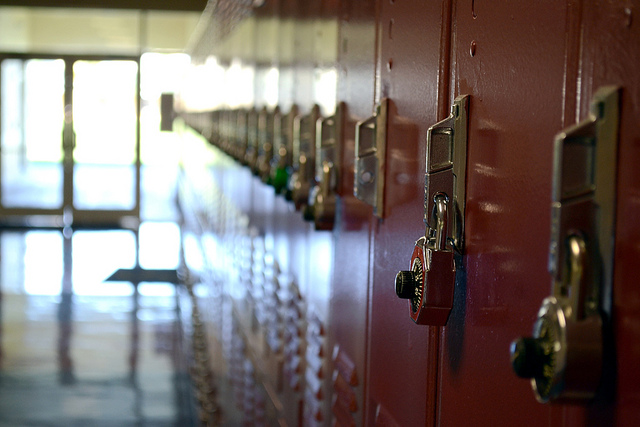School Vouchers: What They Are and Why People Are Talking About Them

By:
Ever since the Senate confirmed Betsy DeVos as President Donald Trump's secretary of education, school vouchers have been back in the national conversation.
"Our current secretary of education has stoked interest again," Maria , executive director of the Center on Education Policy at George Washington University, told ATTN:
 AP Images - apimages.com
AP Images - apimages.com
DeVos is a long-time advocate for voucher programs, and much of the backlash against her nomination focused on her support for "school choice," a term for programs that allow public money to go toward private educational institutions. Trump voiced support for school vouchers on the campaign trail.
So what are these school voucher programs?
 Flickr - flickr.com
Flickr - flickr.com
Generally speaking, voucher programs use taxpayer money to send children to private schools, including religious schools, depending on state laws. Some are for all students and some target certain groups, like low-income or minority students. The first voucher programs started in Maine and Vermont 140 years ago and were for children living in rural areas. Now, 14 states and the District of Columbia have traditional school voucher programs, according to the National Conference of State Legislators.
Supporters say vouchers enable students to obtain better education for less money, but opponents argue the programs hurt all the children in public schools who are left behind.
.jpg?auto=format&crop=faces&fit=crop&q=60&w=736&ixlib=js-1.1.0) Flickr/jdog90 - flic.kr
Flickr/jdog90 - flic.kr
Do voucher programs work?
Whether or not school vouchers are effective for students is a source of debate, among both politicians and education experts.
ATTN: talked to two researchers with different views on voucher programs to understand the arguments in the debate.
Patrick J. Wolf, Ph.D., is a professor of education policy and the 21st Century Chair in School Choice at the University of Arkansas. He is also an investigator in the university's School Choice Demonstration Project.
Wolf said the research he's conducted with colleagues suggests students who participate in voucher programs have better outcomes than students who don't, with more graduating high school and then attending college. That improved outcome doesn't necessarily show up in test scores, though.
"Students who participate in school voucher programs tend to have better outcomes than a control group," he said. "With test scores it's more a mixed bag, but if you look at graduation and college persistence rate the outcomes are better."
.jpg?auto=format&crop=faces&fit=crop&q=60&w=736&ixlib=js-1.1.0) Flickr/Rafael Sato - flic.kr
Flickr/Rafael Sato - flic.kr
Wolf disputes the idea that voucher programs are harmful to students in traditional public schools, mostly because the programs are usually targeted at "underserved" students. He said research shows public schools that have to compete with voucher programs see an increase in positive outcomes too.
"There have been a lot of baseless claims about school voucher programs saying that they're going to destroy the public schools and there will be a mass exodus of students out of public schools," he said. "That hasn't happened."
But Maria Ferguson, from the Center on Education Policy, said most research does not in fact show better outcomes for school voucher students. Rather, she argued, the research that shows clear positive outcomes could be due to the practice of "creaming," or the fact that vouchers often go to students perceived as having the most potential.
"If you can have every elite athlete play on your team you're 'creaming off the top' and you take the best," she said. "And private schools don't want to inherit students that are a problem."
Ferguson said there aren't enough states using voucher programs to know for sure whether a large-scale roll out of such programs on a national scale would harm public schools. However, she suspects it would.
"Most communities where there are large concentrations of poor students are already underfunded to begin with," she said. "Of course it's going to hurt the existing school system. You may be helping five students but you're doing it on the backs of 500 students."
 Flickr/Brett Levin - flic.kr
Flickr/Brett Levin - flic.kr
An important aspect of the debate, Ferguson said, is that some poor communities don't have any good private schools to send students to in the first place.
However, both Ferguson and Wolfe agree that more research on a long-term scale is needed.
"We need to look at more than test scores," Wolfe said. "That's not the only thing we expect schools to do."
"It's a pretty thorny issue," Ferguson added, "and more research is what's needed, especially now."
